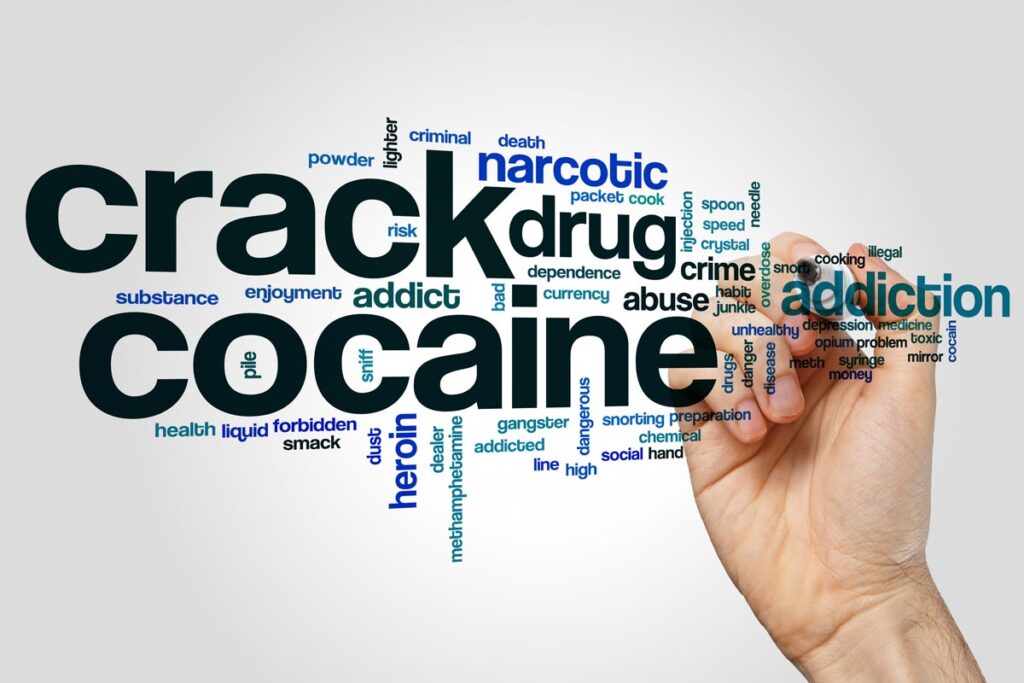Cocaine and crack are two drugs that often get confused with each other, but they are, in fact, quite different. Both drugs cause addiction and can potentially ruin lives, so it is important to understand the difference between them. This blog will cover the basics of cocaine versus crack, including what they are, their differences and similarities, and signs of addiction.
Zelus Recovery in Idaho offers a cocaine rehab in Idaho that can help you or a loved one overcome addiction to cocaine or crack. If you or a loved one want more about treatment or the differences between crack vs. cocaine, contact us at 208.518.0797 today.
What Is Cocaine?
Cocaine is a powerful stimulant derived from the coca plant, found mainly in South America. Cocaine is a white powder that can be snorted or injected directly into the bloodstream to create an intense euphoria. It is sometimes mixed with heroin as “speedballs” or powder cocaine mixed with other ingredients like baking soda to create a rock-like substance known as “crack cocaine.”
What Is Crack?
Crack is a form of cocaine that has been chemically altered to produce a rock-like substance that can be smoked. It produces an intense high that lasts longer than cocaine but is shorter than heroin or morphine. Crack users typically experience more intense highs than regular cocaine users because it allows them to absorb more of the drug into their system more quickly.
Crack vs. Cocaine
When it comes to crack vs. cocaine, the two substances are not the same. Cocaine and crack are two drugs with very different effects on the body. Cocaine is a stimulant drug that increases levels of the neurotransmitter dopamine in the brain, causing feelings of euphoria, increased energy, alertness, and decreased appetite. However, it can also cause negative feelings like paranoia, anxiety, and restlessness.
On the other hand, crack is a form of cocaine that is smoked instead of snorted or injected. Smoking crack causes an intense high that lasts for only several minutes but can be much more powerful than the effects of cocaine. This is because when you smoke crack, it enters
Cocaine and crack have several key differences:
- Cocaine can be snorted, while crack must be smoked
- Crack produces an intense high faster than cocaine
- Crack affects users differently than cocaine
- Crack has a higher risk for addiction than cocaine
- The effects of crack last longer than those of cocaine
- The cost of crack is usually lower than the cost of cocaine
- Crack is illegal in all 50 states, while some forms of powdered cocaine are not
Although there are many differences between these two drugs, there are also some similarities:
- Both drugs produce powerful highs when used
- Both drugs have strong addictive properties
- Both drugs can cause serious physical harm if abused long-term
- Both drugs lead to dependency due to changes in brain chemistry caused by prolonged use
- Both drugs should never be used without medical supervision
If you think you or someone you know may be addicted to either drug, look out for unexplained changes in behavior such as irritability or aggression, changes in sleep patterns, lack of interest in activities previously enjoyed, financial problems due to increased spending on drug use, and other symptoms. If you are concerned about yourself or a loved one’s use, seek help immediately from an experienced professional at Zelus Recovery.
Heal From Crack or Cocaine Abuse at Zelus Recovery
As we have seen from this blog post, there are significant differences between crack and cocaine but also similarities between them when it comes to how they affect people’s lives. If you think you might need help understanding your relationship with either one of these substances, don’t hesitate to reach out for assistance from professionals such as those at Zelus Recovery, who specializes in treating addictions related to both substances. Contact us today at 208.518.0797 to help you get back on the road to recovery.





